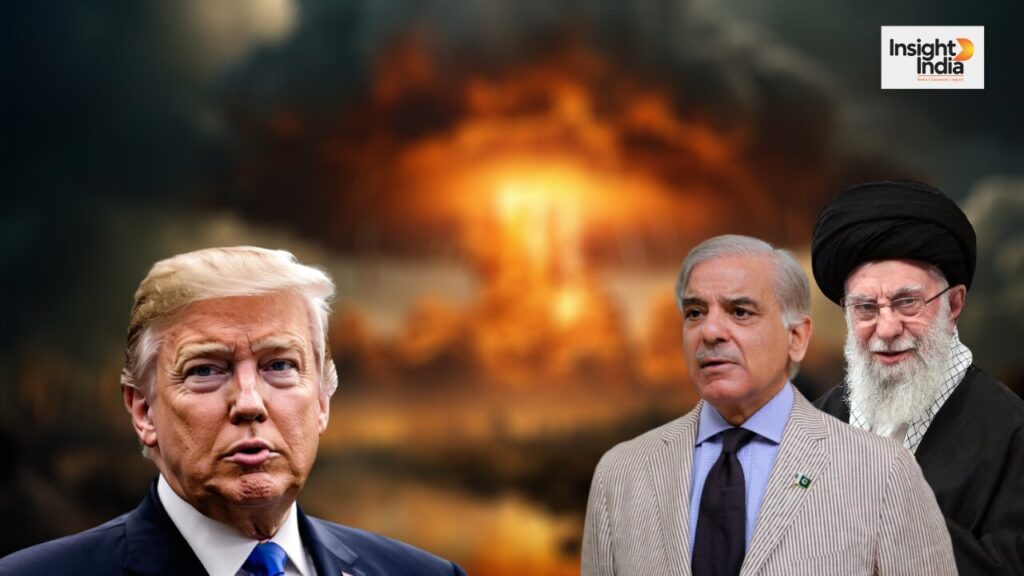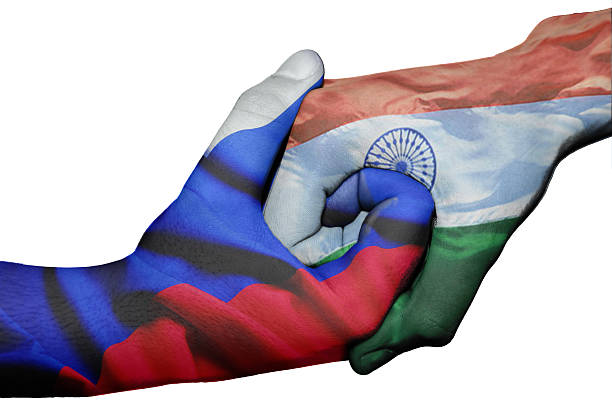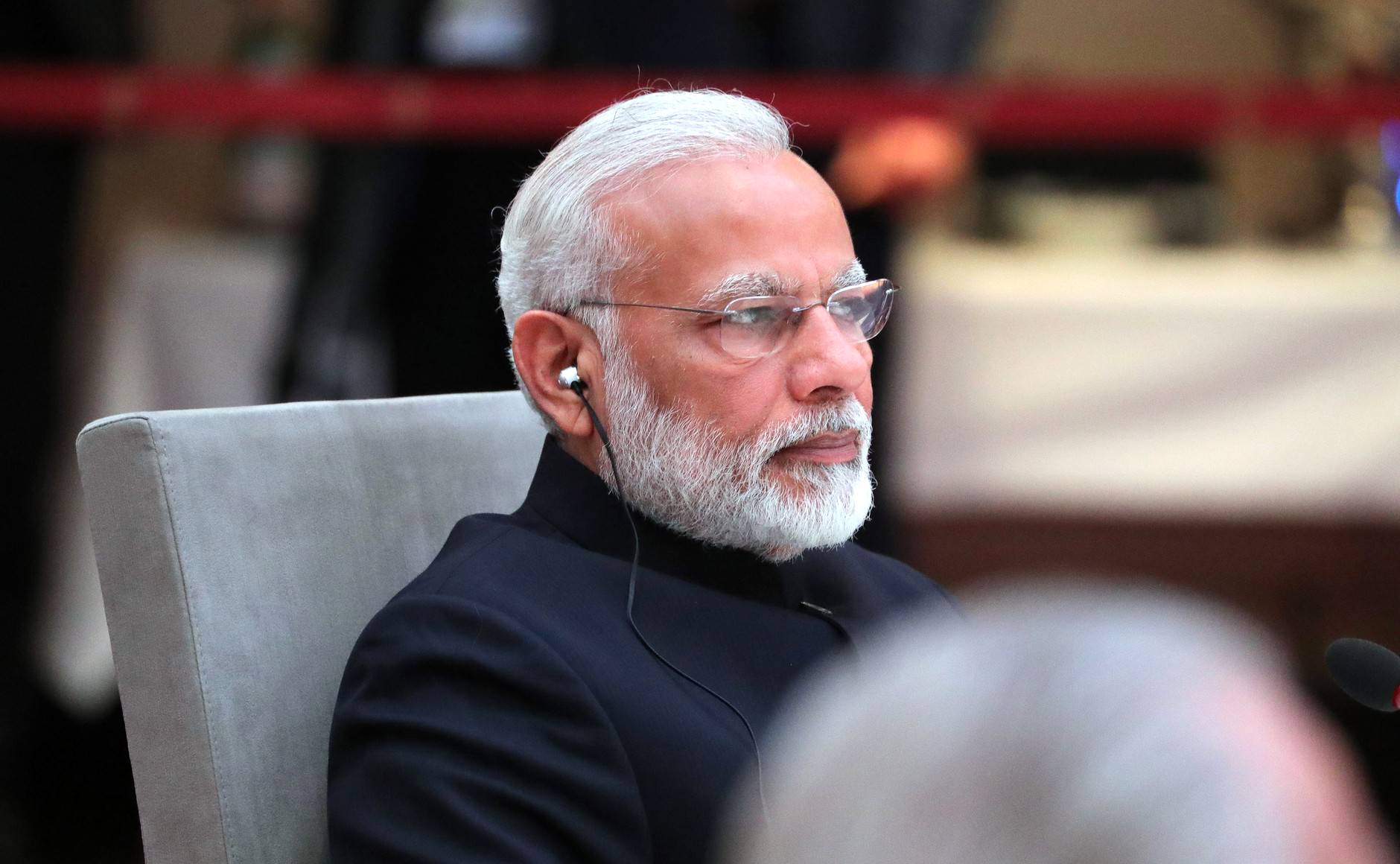US Strikes: In a dramatic turn of events, Pakistan has condemned the recent U.S. missile strikes on three nuclear sites in Iran that took place last night. Just a day earlier, Pakistan had been lobbying for former U.S. President Donald Trump to be awarded the Nobel Peace Prize. Now, the nation appears to have changed its stance, choosing instead to support Iran in the wake of the escalating conflict.

Pakistan’s Unexpected Shift: From Praise to Protest Over US Strikes on Iran
Islamabad — In a surprising diplomatic shift, Pakistan has strongly condemned the recent U.S. missile strikes on three Iranian nuclear facilities. This comes just a day after the country had advocated nominating former President Donald Trump for the Nobel Peace Prize. The sudden change reflects Islamabad’s balancing act amid evolving geopolitical tensions in South Asia and the Middle East.
From White House Praise to Diplomatic Criticism
Pakistan’s Army Chief, General Asim Munir, recently enjoyed a high-profile luncheon at the White House with Donald Trump. During the event, Munir even suggested nominating Trump for a Nobel Peace Prize to acknowledge his role in defusing tensions between India and Pakistan. Prime Minister Shehbaz Sharif echoed this, expressing support for Trump’s nomination.
However, this gesture of goodwill was short-lived. Within hours of the U.S. launching precision missile strikes on Iran, Islamabad issued a strong rebuke, marking a stark reversal in its diplomatic posture.
What Did Pakistan Say?
Pakistan’s Foreign Ministry issued a formal statement condemning the U.S. operation. Islamabad described the strikes as a violation of international law and warned that they could fuel further unrest in an already volatile region. The ministry emphasized its belief in lawful conduct under the United Nations Charter and urged restraint and dialogue.
Key excerpts from the statement included:
- Violation of International Law: Pakistan accused the U.S. of breaching global legal norms by targeting Iran’s nuclear facilities.
- Right to Self-Defense: It affirmed that Iran has the lawful right to defend itself based on UN regulations.
- Regional Stability at Risk: Islamabad expressed deep concern that escalating violence would have far-reaching destabilizing effects.
Why the U-Turn?
Pakistan shares a 900-kilometer border with Iran, and their relations have historically been characterized by cooperation, shared security concerns, and diplomatic engagement. In recent years, Islamabad and Tehran have deepened military and economic ties. This longstanding partnership appears to have influenced Pakistan’s decision to stand with Iran in condemning the U.S. action.
Furthermore, domestic sentiment has played a role. Following the airstrikes, large-scale public protests broke out in cities like Karachi. Demonstrators denounced the U.S. and Israel, calling for solidarity with Iran. Ignoring public mood would risk political backlash, so Pakistan’s leaders may have felt pressured to take a firmer stand.
Global Context and Regional Risks
The U.S. strikes represent a dramatic escalation in the ongoing Israel-Iran conflict, and Pakistan’s condemnation echoes voices from Russia, China, and several Muslim-majority nations. The international community has broadly called for de-escalation and diplomatic resolution.
Pakistan’s statement warns that any further escalation could destabilize neighboring countries, disrupt oil transport routes, and even provoke retaliation. As the conflict intensifies, the potential for a broader regional war increases.
What Comes Next?
Pakistan now finds itself walking a tight diplomatic tightrope:
- Maintaining ties with the U.S.: The earlier effort to nominate Trump for a Nobel Peace Prize suggested Pakistan was eager to secure stronger ties with Washington.
- Aligning with Iran publicly: Critics argue Pakistan’s swift reversal risks undermining its credibility on the global stage. Some analysts view the move as diplomatic inconsistency—praising the U.S. one moment and condemning its military action the next.
Pakistan now advocates for dialogue under UN frameworks and urges all parties to steer clear of violence while safeguarding civilian lives. The country’s foreign policy appears to be adapting in real time to shifting geopolitical currents and rising public sentiment.
Pakistan’s swift shift—from supporting a U.S. president to condemning U.S. military action—highlights the complexity of its foreign policy. It reflects the balancing act between global alignment and regional interests. While it seeks to maintain strategic relations with key powers, Pakistan must also respond to domestic demands and protect its regional partnerships—especially with Iran.
As the Middle East crisis evolves, Islamabad is signaling a firm stance on sovereignty and international law. The question now is whether this marks a temporary posture or signals a more enduring pivot in Pakistan’s diplomatic relations.
Also Read:
- G-7 Summit Can’t Move Forward Without India—Here’s Why
- Operation Rising Lion: How Mossad Crushed Iran’s Nuclear Dream
- Israel-Iran War: Top Iranian Nuclear Scientist Abbasi Killed by Israel in Strike
Author

Sahil V
Sahil V. is a passionate contributor at InsightIndia.in, specializing in world geopolitics and job-related updates. With a keen understanding of global affairs and employment trends, he delivers insightful articles that help readers stay informed and make smarter career decisions in a rapidly changing world.














